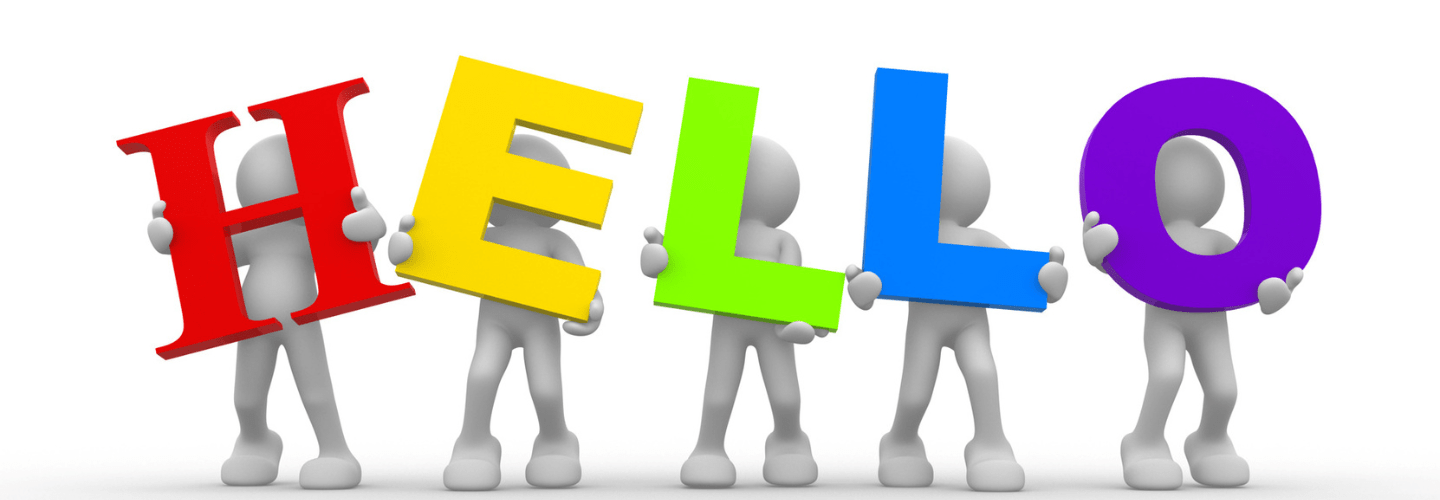
Self-hypnosis can be your gateway to enhanced well-being and profound personal growth. By mastering total relaxation, you access deeper levels of your mind, allowing you to forge a stronger spiritual connection and transform your life through new positive beliefs. It's also a powerful tool for managing stress and alleviating pain. By integrating techniques like mindfulness and goal-setting, you'll maximize your potential and discover more about how self-hypnosis can reshape your daily experience and personal journey.
Key Takeaways
- Master total relaxation through mindful breathing to enhance entry into a hypnotic state.
- Use self-hypnosis to deepen spiritual connection and awareness.
- Implement positive belief systems during hypnosis to transform life perspectives and behaviors.
- Apply self-hypnosis techniques for effective stress and pain management.
- Complement self-hypnosis with mindfulness, goal setting, and journaling for comprehensive personal growth.
The Basics of Self-Hypnosis: Achieving Total Relaxation
Why is total relaxation fundamental in self-hypnosis? It's the bedrock for effectively calming your mind, allowing you to dive deeper into your subconscious.
Through mindful breathing, you can systematically reduce bodily tension and quiet mental chatter. This state not only facilitates a smoother passage into hypnosis but also enhances your receptivity to guided imagery.
By visualizing calming scenes, like a serene beach or a quiet forest, you create an immersive mental environment conducive to profound relaxation.
This process isn't just about peace; it's essential for laying the groundwork where transformative self-work begins, fostering deep, personal insights and growth.
Accessing the Deeper Mind: The Role of Hypnosis in Spiritual Connection
As you explore self-hypnosis, you'll find it's not only a method for self-improvement but also a powerful tool for spiritual connection.
By delving into the tranquility of your subconscious mind, you can enhance your spiritual awareness considerably. This practice isn't just about relaxation; it's about accessing a deeper level of your psyche.
Through subconscious exploration, you tap into areas often untouched by everyday consciousness, opening doors to profound spiritual insights and enlightenment.
Embrace this journey as a sacred pathway to understand your true spiritual essence, bringing a deeper sense of purpose and connection to your life.
Transforming Your Life: Implanting New Positive Beliefs

When you begin to practice self-hypnosis, you access the potential to reshape your life by implanting new, positive beliefs in your subconscious mind.
This process of belief transformation is profound. By initiating mindset shifts, you're not just altering thoughts; you're fundamentally changing how you perceive and react to the world.
Imagine replacing self-doubt with unwavering confidence or transforming fear into curiosity. Each session of self-hypnosis allows you to seed these powerful changes, gently nurturing them to full strength.
Gradually, these new beliefs become your automatic responses, creating a life aligned with your deepest aspirations and values.
Practical Applications: Using Self-Hypnosis for Stress and Pain Relief
Although life's pressures can mount, self-hypnosis offers a powerful tool for stress and pain relief, enabling you to regain control and enhance your well-being.
You can manage daily stress effectively and reduce chronic pain by tapping into your subconscious mind. Begin by finding a quiet space to relax deeply. Focus your mind on positive mantras that soothe and heal.
As you practice, you'll notice a significant shift in your stress levels and a decrease in pain sensations. Self-hypnosis isn't just a quick fix—it's a lifelong skill that empowers you to maintain mental and physical health.
Embrace this method to transform your life.
Enhancing Personal Growth: Tools and Techniques Beyond Hypnosis

While self-hypnosis is a powerful tool for personal transformation, exploring additional methods can further enhance your growth and development. Mindfulness meditation and goal setting are essential techniques to incorporate. Mindfulness keeps you present and grounded, enhancing your emotional resilience. Goal setting gives direction, fostering motivation and satisfaction as you achieve your targets.
| Technique | Benefits | Frequency |
|---|---|---|
| Mindfulness Meditation | Increases focus and reduces stress | Daily |
| Goal Setting | Provides clarity and motivation | As needed |
| Journaling | Enhances self-awareness and reflection | Weekly |
Empower yourself by integrating these practices into your routine to realize your full potential.
Frequently Asked Questions
How Long Does It Typically Take to Master Self-Hypnosis?
You'll find that mastering self-hypnosis varies; it depends on your practice frequency. Typically, with consistent daily practice, you might start to see significant progress within a few weeks to a few months.
Can Self-Hypnosis Ever Be Dangerous or Have Negative Effects?
Opening a can of worms, you might worry about self-hypnosis dangers. Generally, it's safe, but misconceptions exist, and potential risks like reinforcing negative beliefs should be mindfully managed with proper guidance and techniques.
Are There Age Restrictions for Practicing Self-Hypnosis?
You'll find no official age restrictions for practicing self-hypnosis techniques. It's adaptable, so people of all ages can experience its benefits, provided they understand and comfortably apply the methods involved.
How Does Self-Hypnosis Differ From Meditation?
You're comparing apples to oranges when discussing self-hypnosis and meditation. Self-hypnosis techniques specifically target subconscious change, offering unique benefits like deep behavioral adjustments, unlike meditation's focus on present-moment awareness and relaxation.
Is Self-Hypnosis Covered by Health Insurance Plans?
You'll find that most health insurance plans don't cover self-hypnosis, as it's often not recognized as a standard therapeutic benefit. However, exploring out-of-pocket options can still offer you significant mental health improvements.
Conclusion
So, you've explored the serene depths of your mind with self-hypnosis, opening doors you never even knew existed. Ironically, while seeking control, you might find what truly transforms you is letting go. As you continue this journey, remember that the greatest changes often come from the simplest shifts in our mindset. Keep this guide close, and let your subconscious do the heavy lifting. Who knew that the secret to profound change was just a thought away?





